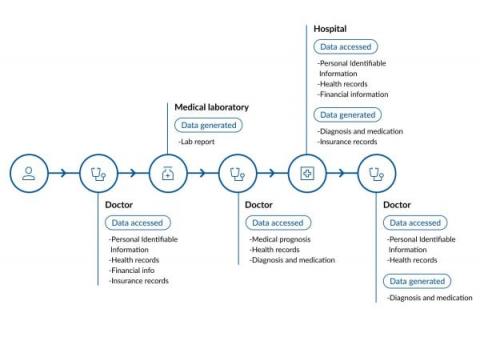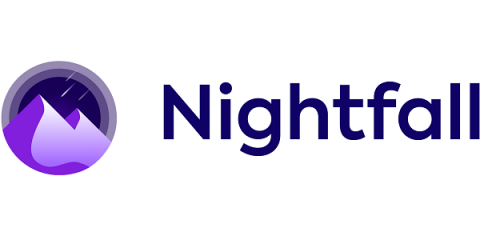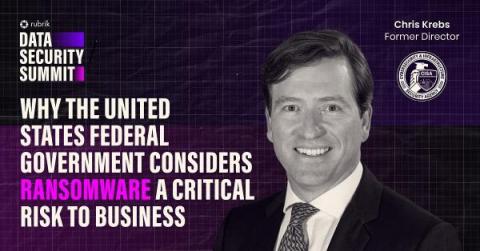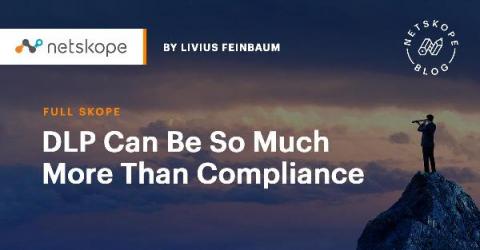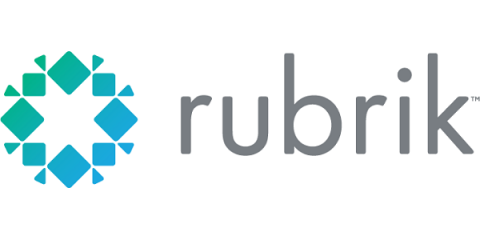Best Practices for Securing Your Cloud Service
The popularity of cloud services has soared in recent years, as ever more companies move towards a remote or hybrid workplace model. While cloud computing comes with many benefits, it can also create new vulnerabilities that might give criminals access to your sensitive data. If your company is using cloud technology, you need to make sure that your data is secure. Keep reading to learn what threats affect cloud services and what you can do to keep your cloud safe.



